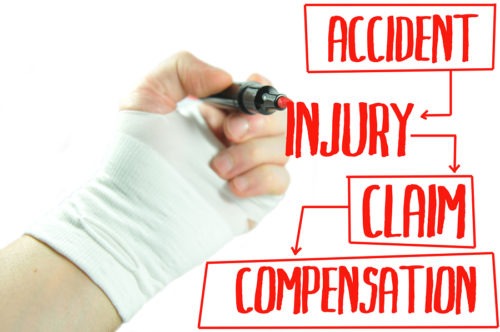When can a seafarer's injury or illness compensable?
Department Order No. 4 of the Department of Labor and Employment and POEA Memorandum Circular No. 09, both series of 2000. Section 20(B) thereof provides:
 “Pursuant to the aforequoted provision, two elements must concur for an injury or illness of a seafarer to be compensable. First, the injury or illness must be work-related; and second, x x x the work-related injury or illness must have existed during the term of the seafarer’s employment contract.”[1] The 2000 POEA-SEC defines work-related injury and work-related illness as –
“Pursuant to the aforequoted provision, two elements must concur for an injury or illness of a seafarer to be compensable. First, the injury or illness must be work-related; and second, x x x the work-related injury or illness must have existed during the term of the seafarer’s employment contract.”[1] The 2000 POEA-SEC defines work-related injury and work-related illness as –
The liabilities of the employer when the seafarer suffers work-related injury or illness during the term of his contract are as follows:
x x x x
6. In case of permanent total or partial disability of the seafarer caused by either injury or illness the seafarer shall be compensated in accordance with the schedule of benefits enumerated in Section 32 of this Contract. Computation of his benefits arising from an illness or disease shall be governed by the rates and rules of compensation applicable at the time the illness or disease was contracted.
 “Pursuant to the aforequoted provision, two elements must concur for an injury or illness of a seafarer to be compensable. First, the injury or illness must be work-related; and second, x x x the work-related injury or illness must have existed during the term of the seafarer’s employment contract.”[1] The 2000 POEA-SEC defines work-related injury and work-related illness as –
“Pursuant to the aforequoted provision, two elements must concur for an injury or illness of a seafarer to be compensable. First, the injury or illness must be work-related; and second, x x x the work-related injury or illness must have existed during the term of the seafarer’s employment contract.”[1] The 2000 POEA-SEC defines work-related injury and work-related illness as –
“‘injuries resulting in disability or death arising out of and in the course of employment” and as “any sickness resulting to disability or death as a result of an occupational disease listed under Section 32-A of this contract with the conditions set therein satisfied.’
Section 32-A. OCCUPATIONAL DISEASES
For an occupational disease and the resulting disability or death to be compensable, all of the following conditions must be satisfied:
1. The seafarer’s work must involve the risks described herein;
2. The disease was contracted as a result of the seafarer’s exposure to the described risks;
3. The disease was contracted within a period of exposure and under such other factors necessary to contract it; and
4. There was no notorious negligence on the part of the seafarer.”[26]
[1] Magsaysay Maritime Services v. Laurel, G.R. No. 195518, March 20, 2013.
[2] Id. See also 2000 POEA-SEC, Definition of Terms, Item Nos. 11 and 12.
0 Comments